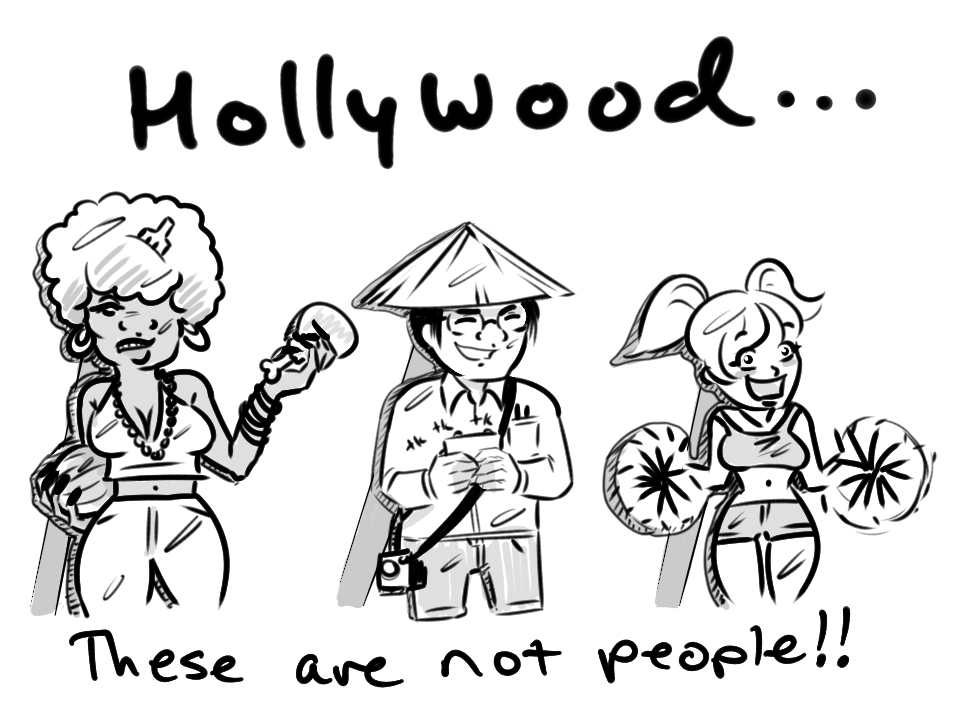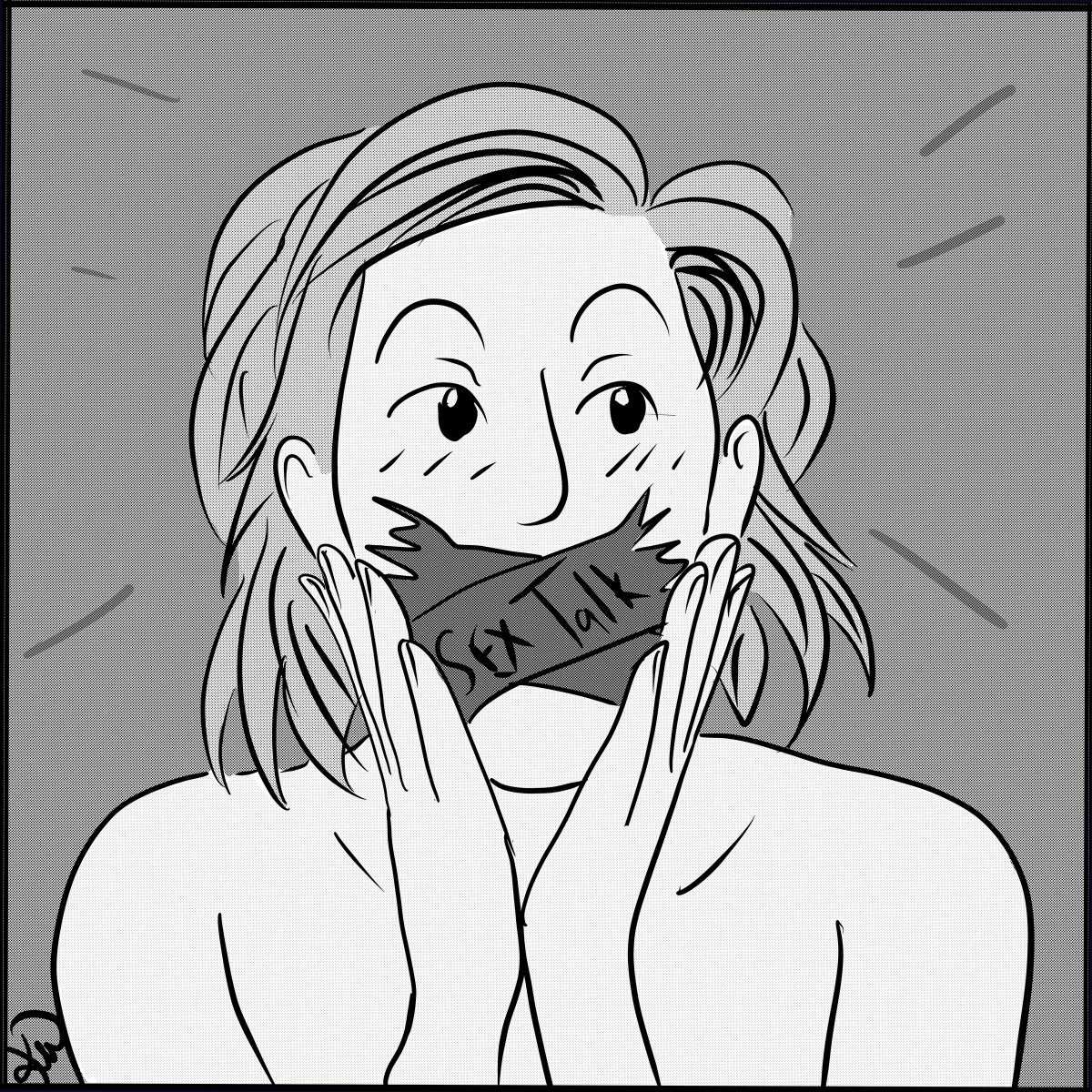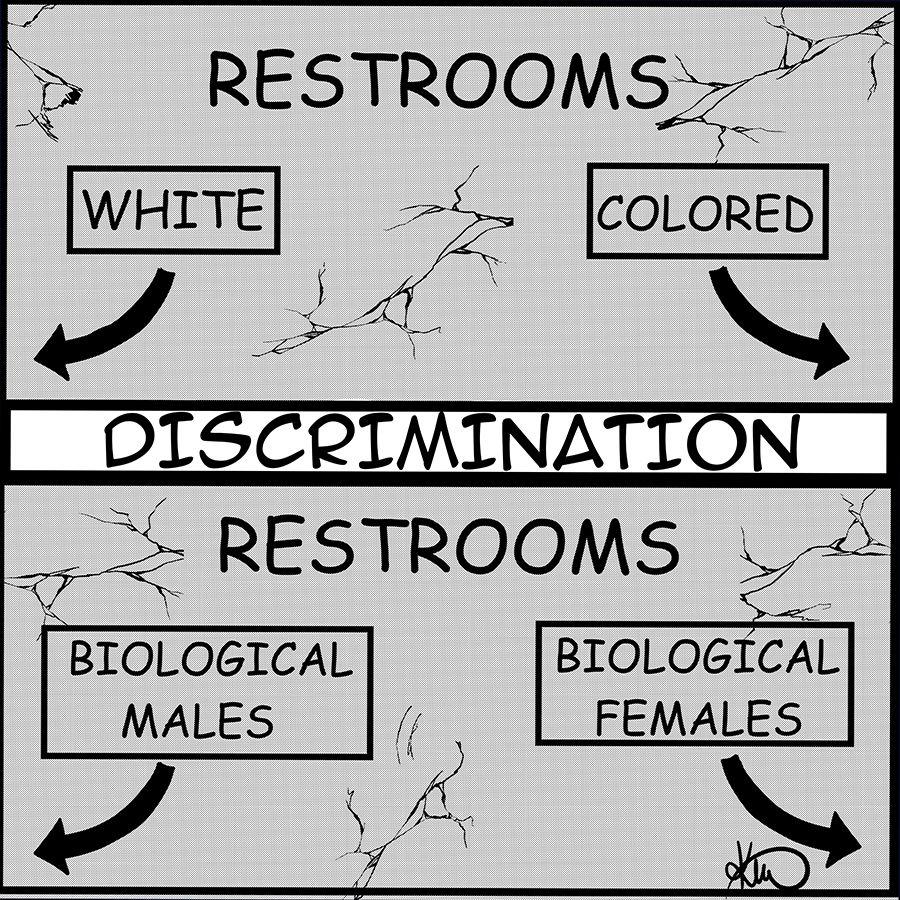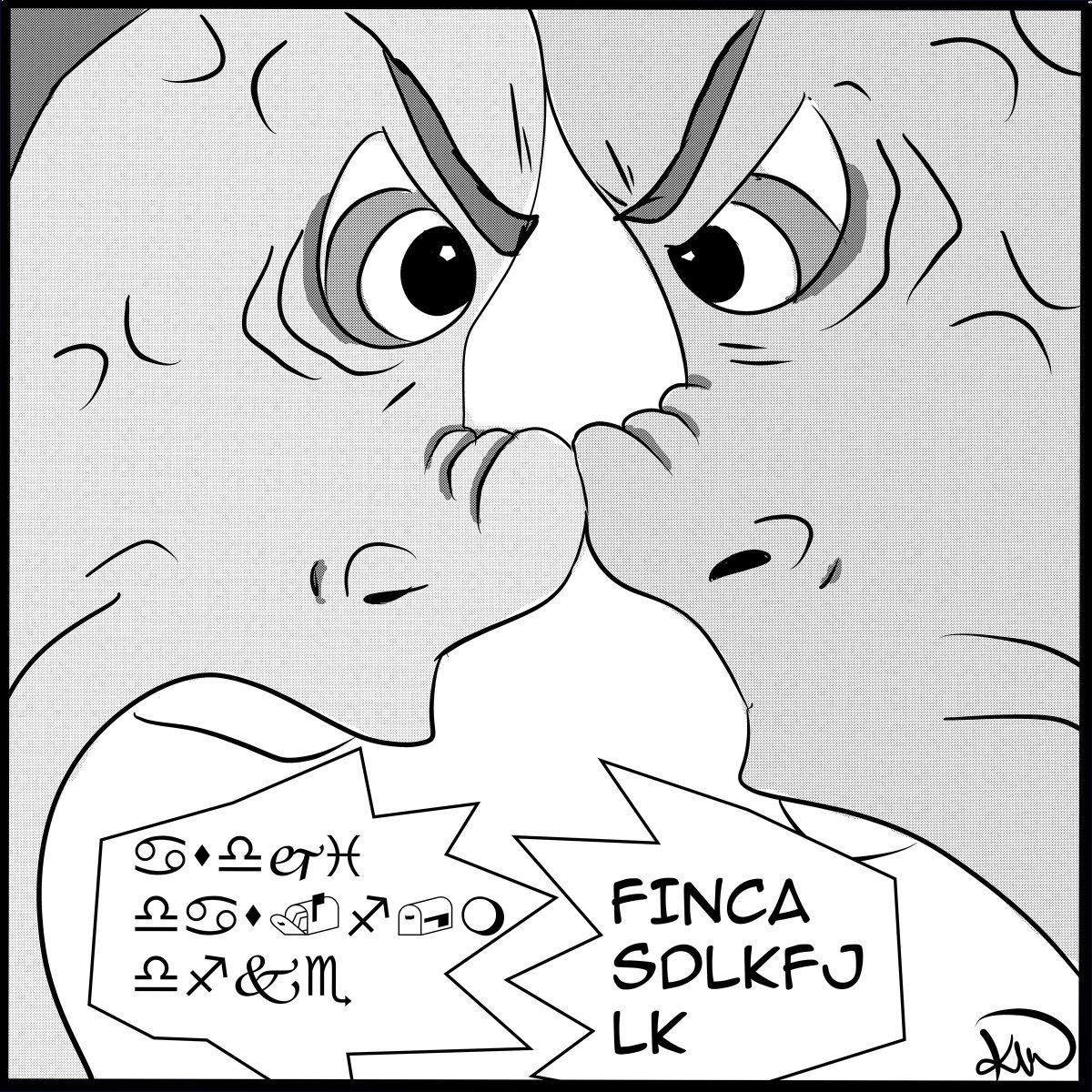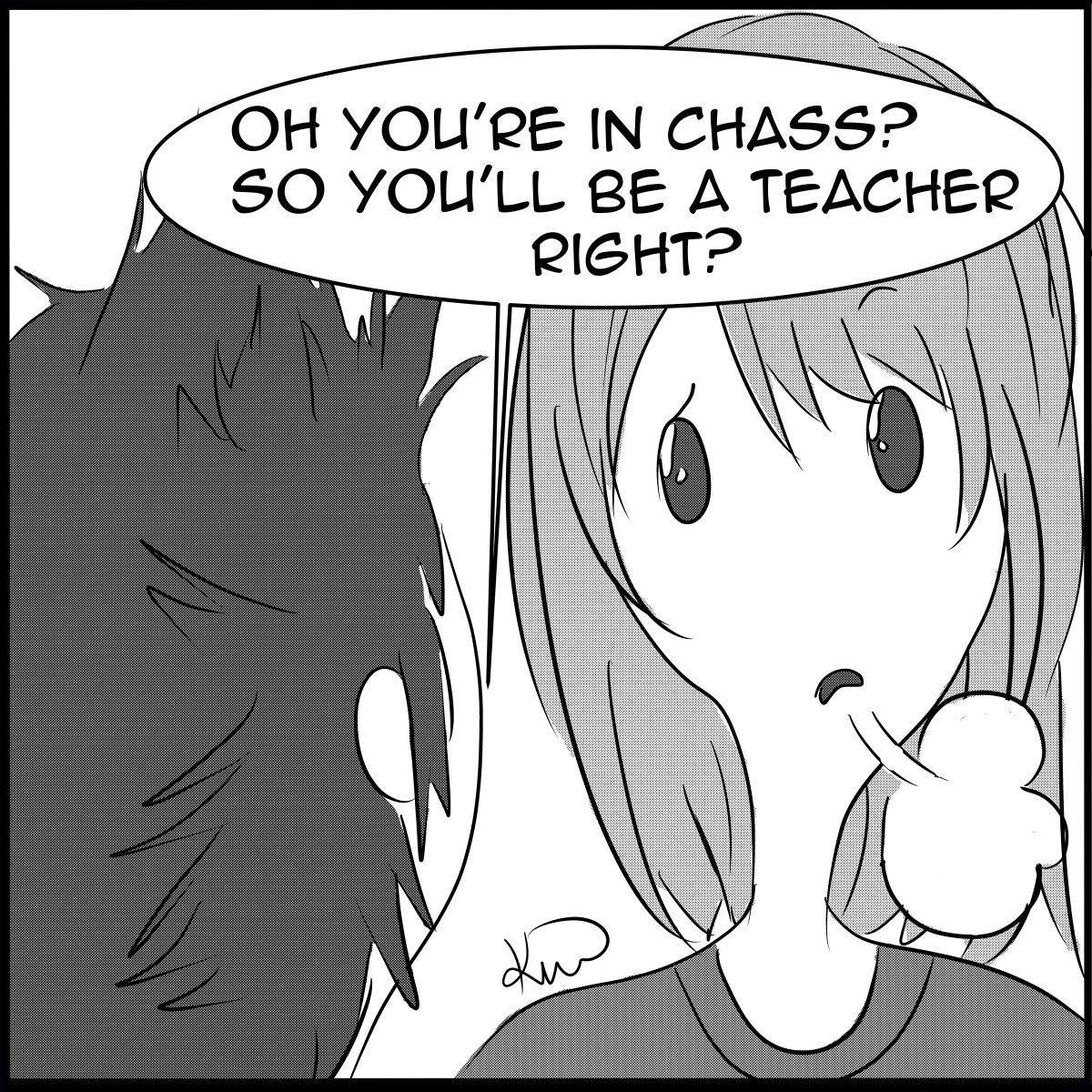As I sat in the movie theater on Friday evening, I anticipated “Pitch Perfect 2” would entertain me with catchy tunes and edgy humor like its precursor. I did not expect almost two hours of tone-deaf humor and flat, unfunny stereotypes. Most attempts at humor were racist, homophobic or sexist and garnered few laughs from the audience. I found myself very uncomfortable, as did several others in the theater.
This movie follows the casually racist comedy trend Hollywood has been going for lately. Movies such as “Get Hard” and “The Heat” have recently had similar monotonous, racist humor. But viewers seem to enjoy it, as “Pitch Perfect 2” made about $70 million during its first weekend, compared to the $65 million that the first installment made during its entire domestic box office run.
This is on the heels of the divisive controversy over First Lady Michelle Obama’s commencement speech at the Tuskegee Institute over Mother’s Day weekend, which outraged many. Right-winged critics were quick to immediately invalidate her speech, claiming that it was an attempt to attain more black voters for the Democratic Party, that the “black experience” she described was not actually experienced by her and her husband and even that she needed to stop complaining because affirmative action was the only way she got into Princeton. I read and heard comments from people insisting that the first lady had offended them.
The response to her speech and views on the hardships faced by black Americans is shocking. While I do believe her speech was entirely misinterpreted by many, this controversy paralleled with the success of the “Pitch Perfect” sequel indicates that racist jokes are more palatable to the public than a discussion about the effects of racism in our society. It is essential that a level of discourse on these social issues find its way into the mainstream; however, Hollywood shirks this responsibility by parading dated philosophies and interpretations of minorities in its recent comedies. Instead, we are pressured to find stereotypes funny rather than given initiative to abolish them. As a society, we criticize people such as Michelle Obama for pushing a “liberal narrative” by speaking up about bigotry.
The past few weeks show that many see discussion of social inequality as palatable only when it favors groups of power. Our first lady validating the “black experience” and encouraging graduates to persist against the odds in a commencement speech receives outrage, while racist humor in a movie aimed at an audience of teenagers and young adults is simply met with an eye-roll, relatively good reviews and $70 million in the box office. Recent buzzwords and trends throughout the United States show how disproportionately society approves of certain issues based on the demographic they represent. For example, the recent “dad bod” phenomenon shows that people are more willing to accept a man’s less-than-perfect body and does absolutely nothing to help counter the superficial and impossible standards that women face.
The off-color humor in these Hollywood blockbusters shows that a portion of America is refusing to acknowledge the gravity of the current racial atmosphere of the U.S., especially in light of the riots and protests that are occurring in Baltimore and Ferguson, as well as in many other places throughout the country.
It is much easier to put people in neat little boxes rather than to reevaluate discriminatory ideologies, a reason why we witness so much discrepancy in the “socially acceptable” methods by which Americans address racial inequality and stereotypes. These are serious issues that warrant serious discussion. We should not repress these concerns with uncomfortable and unfunny humor.
Katherine Waller is a junior studying English.


